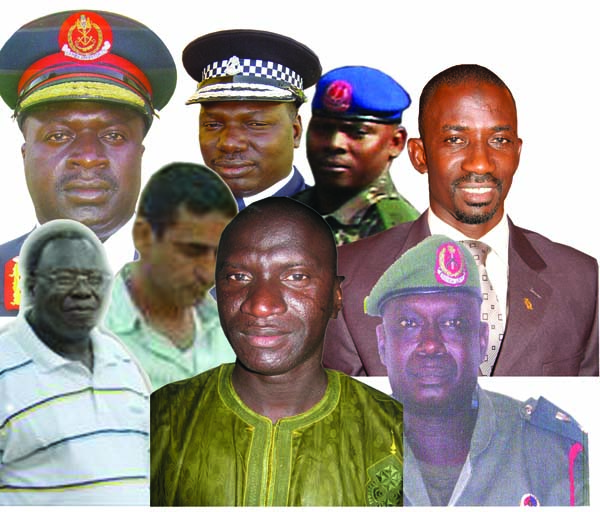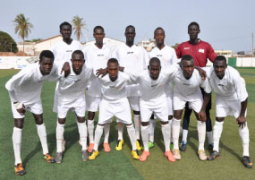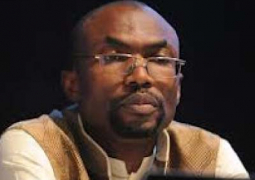
Justice Emmanuel Amadi of the High Court in
Justice Amadi ruled that after going through the submission made by the defence team, and the reply made by the prosecution, the court found that the prosecution had made a prima-facie case against the accused persons.
Lt. Gen Lang Tombong Tamba, and seven others, were earlier indicted by state prosecutors at the Attorney-General Chambers on three counts of treason, and arraigned at the high court in
The other accused persons are Brigadier General Omar Bun Mbye, Colonel Lamin Bo Badjie, Lt Colonel Kawsu Camara, Modou Gaye, Gibril Ngorr Secka, Abdoulie Joof, a businessman, Yousef Ezzideen, alias Rambo, a businessman.
Further ruling before a crowded court room, Justice Amadi stated that the accused persons are charged on three counts of treason, which they all vehemently denied.
He went on to read the summary of the written briefs of the defence and that of the prosecution, adding that Sheriff M Tambedou, Pap Cheyassin Ousman Secka, Hawa Sisay Sabally, had all submitted on behalf of their clients, while the Director of Public Prosecutions, Richard N. Chenge, submitted on behalf of the state.
Justice Emmanuel ruled that SM Tambedou cited several law authorities to back his no-case-submission, and stated the grounds under which a no-case should be upheld by a court of law. He added that Mr. Tambedou submitted that the 1st and 4th accused persons should be acquitted and discharged on the grounds that the prosecution did not make a prima-facie case.
He said defence counsel Tambedou submitted that there was no corroboration between PW1 and PW2, as he cited several other cases on the issue of corroboration.
According to the judge, defence counsel S.M Tambedou also submitted that the evidence of PW1 was incredible, inconsistent and that he regards him "as a liar and a thief."
He said defence counsel PC Secka also submitted and cited other law authorities on corroboration, and the inconsistency in the prosecution witnesses.
Justice Amadi added that defence counsel PC Secka submitted that the prosecution did not make a prima facie case against the 2nd, 3rd, 5th and 7th accused persons, and that the evidence against the 5th accused was not corroborated. He further stated that defence counsel PC Secka also submitted that the same applied to the 6th accused, stating that the evidence against him was circumstantial. He then cited the Law of Evidence by Hassan Jallow to support his submission.
"Defence counsel Pap Cheyassin Secka finally urged the court to acquit and discharge the accused persons," Justice Amandi further noted.
On the submission of Hawa Sisay Sabally, Justice Amadi said the defence counsel had submitted that the prosecution has denied the accused persons a fair trial, and that the prosecution had woeful failed to prove a prim-facie case against her client.
"She submitted that the accused persons were denied their constitutional rights, and that the evidence of the prosecution witnesses did not corroborate and was inconsistent.
The defence counsel cited Gambian cases, including SM Dibba Vs the state, the high court judge stated, adding that the defence counsel also submitted that the prosecution did not prove any essential element against the accused persons.
HS Sabally also stated that PW1 was an accomplice, and that his evidence was not corroborated, while citing cases to strengthen her submission, and then described the prosecution's witnesses as inconsistent and unreliable.
Concerning the submission made by the Director of Public Prosecutions, Justice E Amandi said that the prosecution submitted that they had made a prima-facie case against the accused persons, citing law authorities in support of his submission.
The trial judge ruled that what amounted to a prima-facie case is different from what constitutes proven beyond reasonable doubt. He, therefore, ruled that the prosecution had made a prima facie case against the accused persons, and then asked them to enter into their defence.
Subsequently, the case was adjourned to Thursday 20th May 2010 for the case to continue.



